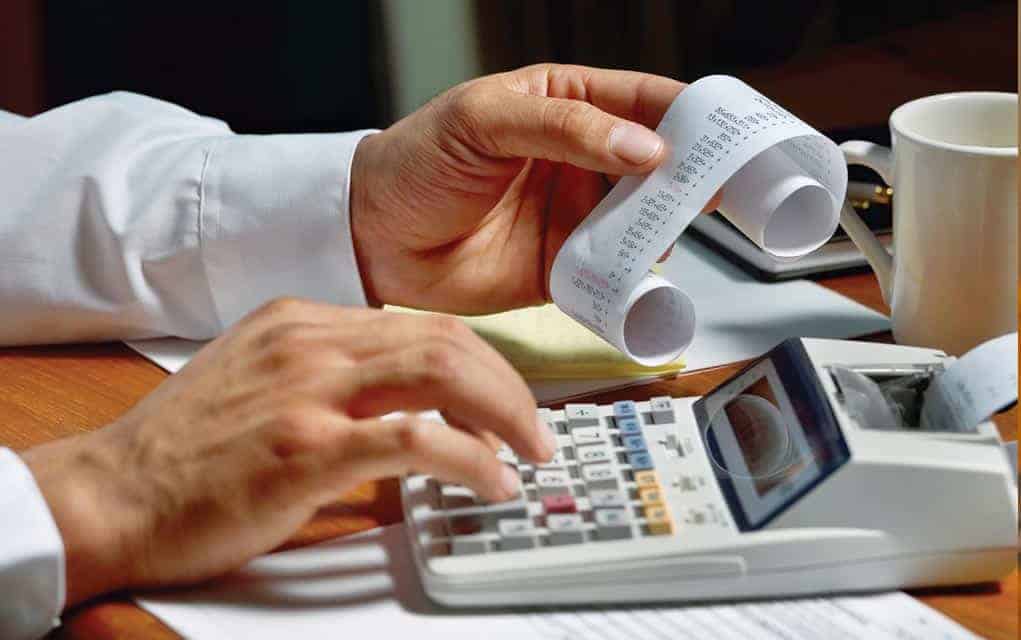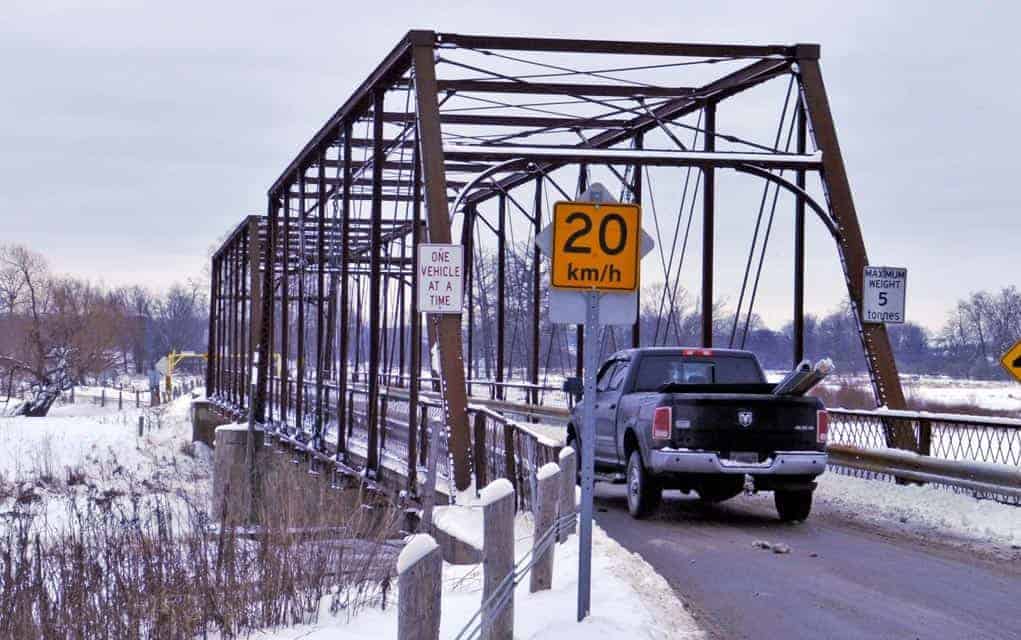Township residents will be seeing a 2.49 per cent increase in the regional portion of their property tax bills this year under a budget approved last week by Waterloo Region council.
The figure is slightly lower than the 2.94 per cent increase – 2.27 per cent for regional services, and 0.67 per cent allocated for police – given the lower level of services outside of the cities. At 2.94, the increase adds $54 to the average household tax bill; the region uses an assessment value of $302,000, though the average is higher in Woolwich by another $40,000.
Coun. Sean Strickland, the region’s budget committee chair for the region, says the budget isn’t just aimed at residents in larger centers like Waterloo and Kitchener.
“There are roads projects in Woolwich Township and the water and wastewater is a big one for all the residents in the region,” he said. “I think our budget over 10 years is over $1 billion. There are big investments continuing. We have been spending lots of money on water and wastewater, and of course, our roads system with upgrading and putting in new roads is a part of the budget as well.”
Regional staff had initially approached the budget negotiation process with a higher proposed increase, but through discussion and increasing revenues, council was able to keep it below three per cent, a number Strickland says is average and sustainable.
“Last year, in 2015, our increase was 2.5 per cent. We are usually in that range,” he said. “The key is that we are below three per cent. I think that is a pretty fair tax increase.”
In some budget items, allocated funds were higher than needed, and other proposed budget items were cut, keeping the increase as low as possible.
“There were a few things on the finance side, like our fuel costs, which is a big budget item – we spend about $10 million a year on fuel. With the declining price of gas, we were able to get more out of that. We also upped the revenue from Grand River Transit to be more reflective of what we have seen in previous years,” he said. “Then, there were some full-time equivalency positions in different program areas that we decided not to proceed with. There were some that we funded on a one-time basis because the nature of the projects were short-term. I would say that it is pretty much status quo, but staff wanted to add more people in different program areas, and we didn’t agree with all of those additions.”
Strickland said this year’s budget isn’t just taking into consideration the next 12 months of the region’s expenses, and wants ratepayers to know that with this 2.94 per cent increase – 2.49 per cent in Woolwich – that regional council is sensitive to people’s struggles and is looking to the future as well.
“Our economy is growing in the Waterloo Region and it is doing well compared to other areas, but incomes aren’t rising as fast as they were previously,” he said. “So many people are still recovering from the recession in 2009 and that economic uncertainty. Property tax also isn’t reflective of how much an individual can pay – it is reflective of the value of your home. So in that sense, it is a very inelastic kind of measure. I think it is important for future budgets and keep this in mind in order to make sure that our tax increases are sustainable and affordable.”
The regional portion accounts for 50 per cent of property tax bills.









